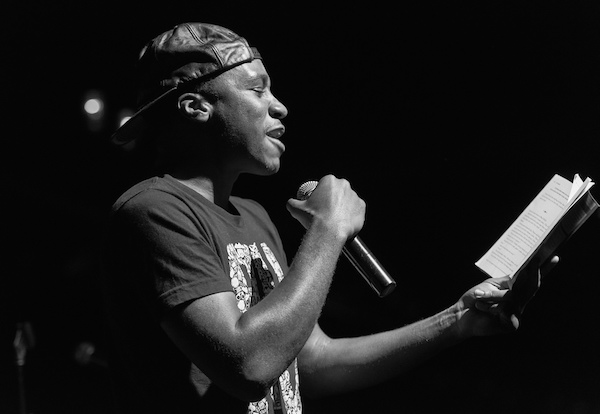
He did the crimes and now he will do the time, but don’t hold R. Kelly’s music hostage.
Kelly, whose real name is Robert Sylvester Kelly, was convicted this week in Federal Court for racketeering and violations of the Mann Act – sex trafficking, and recruiting women and underage girls for sex. He now faces 10 years to life in prison.
The conviction led to an NYTimes follow-up about the intersectionality of the victims being both Black and women. The story notes how many accusers of sexual misconduct in the #MeToo movement [actually coined by a Black woman], are white. And how the attention surrounding R. Kelly’s conviction could help Black girls and women, who are victims of this kind of abuse, come out from the shadows.
There’s no argument here, except to add it would help if the media stopped playing up news whenever a white woman vanishes as in the recent case of Gabby Petito when Black women go missing all the time without a smudge of media ink.
But the tone of that story and other follow-ups to it in the Times and elsewhere has a cancel culture feel that I don’t buy.
R. Kelly in my mind – and in the mind of many critics – is a giant in the world of R&B/Soul music. He is among the elite in the great cannon and legacy of Black American music. He’s right up there with Chuck Berry, who was also convicted under the Mann Act, and wrote “Sweet Little Sixteen” among other hits. Three other somewhat troubled Chicagoans/people from the Chicago area are also members of this cannon – Kanye West, Sam Cooke and Michael Jackson.
To list members of this cannon is a column in itself. Suffice it to say there would be no great American music songbook without the Black American contribution. It remains one of our greatest cultural exports to this day.
There are many great R. Kelly songs, but “I Believe I Can Fly” stands out as a masterpiece to this listener. Lyrically, it is a tale of faith and redemption, and R. Kelly’s production from the orchestration to the Black gospel singers to his soaring vocals are flawless.
It’s little wonder that the cancel police – try as they may and try as they might – cannot stop the millions of people around the world that download R. Kelly’s music every day.
It all boils down to the argument of separating the artist’s life from their art.
Is Bill Cosby’s best early standup comedy work any less brilliant because he also happens to be a sexual predator? Or Lenny Bruce’s work less groundbreaking because he was a junkie? Or Woody Allen’s movies less great because he married his step-daughter?
Should we ban all artwork because of how the artist lived and what they did in their lives? I vote no.
If people don’t want to listen to R. Kelly for his heinous crimes, fine. That’s their prerogative. But to ban R. Kelly’s music from any social media platforms, radio, etc, is a travesty of justice.
Not criminal justice, but artistic justice.










